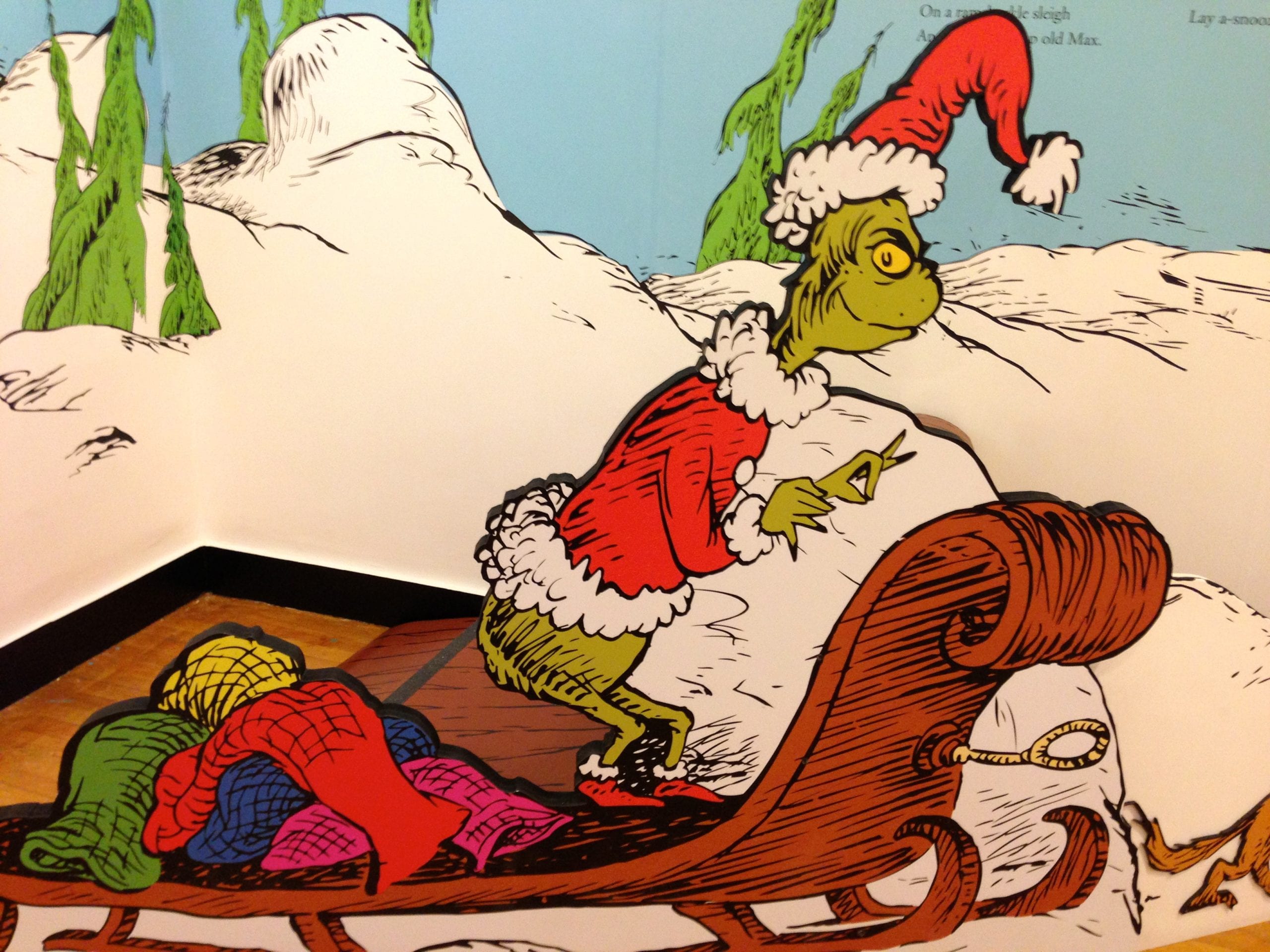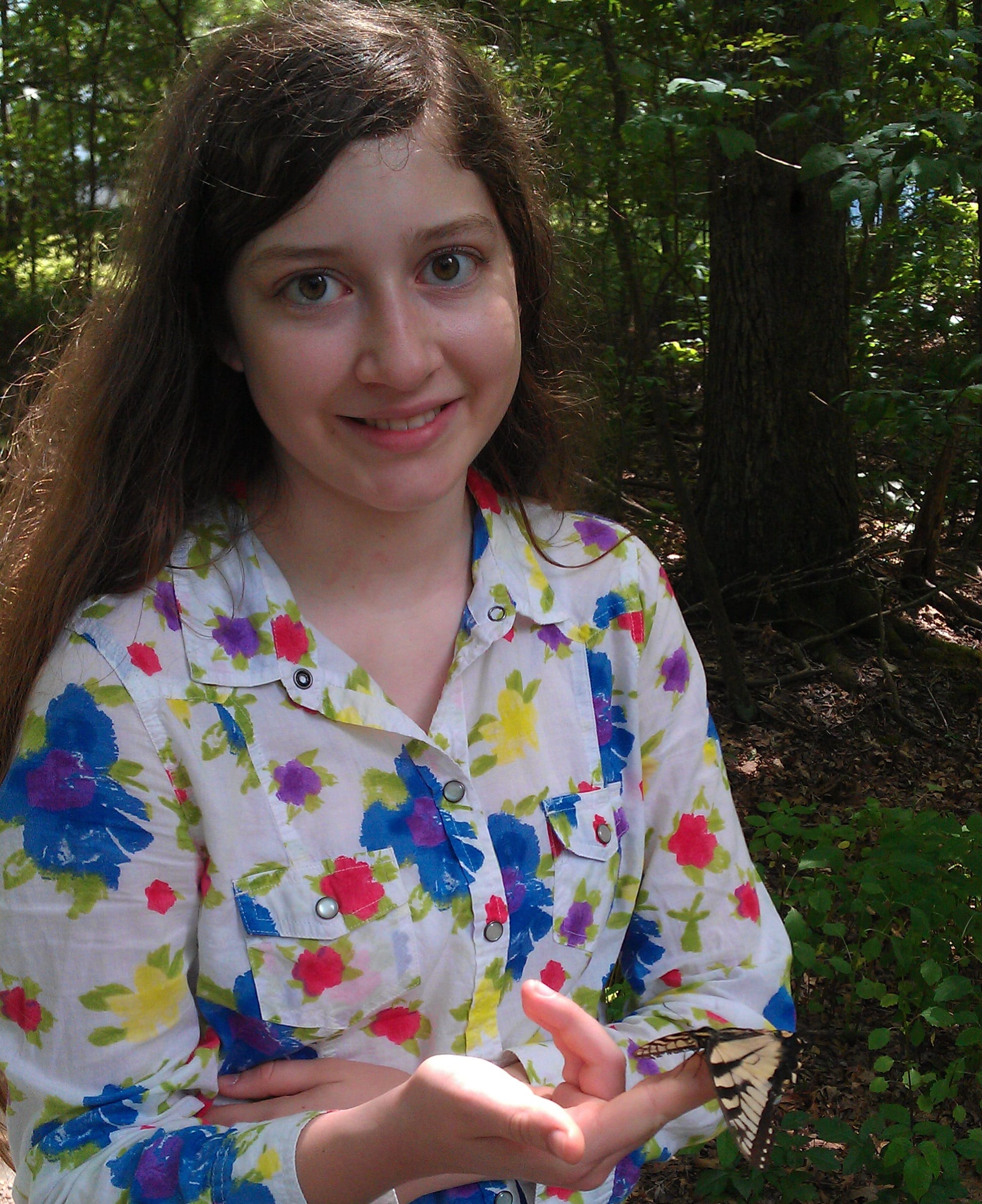It's the 50th anniversary of the cave creature we love to hate, infamous for stealing candy from children, lying to a toddler, and burglarizing an entire village (on Christmas Eve, no less)- all over a little noise.
But maybe Mr. Grinch's dream of a quiet Christmas isn't so ridiculous after all.

The holidays are perhaps the most aurally rich of all seasons, filled with carolers, sleigh bells, and choirs. But unless you've been living atop Mount Krumpet, you may have noticed this joyful noise being drowned out by its less festive evil twin: a dull roar of traffic, construction, sirens, jet engines, leaf blowers, lawn mowers, and the like, threatening our silent nights even beyond the holiday season.
Noise pollution is broadly described as “unwanted or disturbing sound;†the kind that jars you awake in the dead of night or interrupts a conversation with your best friend (or Santa). The complex relationship between sound and the human body is often underestimated, but in the words of Mr. Grinch himself, all this “noise, noise, noise, noise, noise†has a very real impact on our health and well being.

Don't believe me? Say you're one of the few people looking forward to airplane food on your holiday journeys this year. Here's a quick way to recreate in-flight cuisine from the comfort of your own home: just listen to 85 decibels of “airplane†while you eat. Food scientists from Cornell have discovered that simulated cabin noise piped through headphones during a meal altered participants' perception of certain tastes, turning sweet foods bland and intensifying savory tastes like tomato juice. Noise has a way of interfering with how we experience the world around us, even beyond our sense of hearing.
Ruining the meals of weary travelers trapped 30,000 ft. in the air is almost terrible enough to warrant its own song, but it's only the beginning. Another airline-related study involves German children living beneath the flight path of a new international airport: as jets began roaring daily over their heads, blood pressure and stress hormone levels rose as well, causing these kids to show significantly impaired quality of life compared with their peers in quieter areas. Growing up amid deafening noise harms a child's well being as surely as waking up to a stolen Christmas.

It's a trend anyone living with chronic noise can confirm: noise has been correlated or outright blamed for a host of issues, from the obvious sleep disturbances and hearing loss to subtler effects like learning difficulties and cardiovascular disease.
Who's the mean one now?
But if Christmastime in the city has you longing for a silent night, there is still hope. Often, reducing noise pollution is simply a matter of being considerate to those around us: give your neighbors the gift of a good night's sleep this holiday season by bringing your barking dog inside at night, or not using the leaf blower at 6:15 in the morning (you know who you are).
In fact, many “green†practices tend to be sound-friendly as well, from habits as simple as turning off the TV when you're not using it to switching to solar energy, which is totally silent. Even planting trees can be an effective way to muffle noisy roads or nearby industry. The Grinch (being green himself) would definitely approve.

Trees also promote a type of ambient “noise†that is actually good for us: birdsong. The human brain loves birdsong- it's been shown to counteract the stress-inducing rumble of traffic and invoke a sense of openness in crowded environments. Some hospitals and airports now play recordings of birdsong to ease frayed nerves. Best of all for those upcoming finals, birdsong may even improve concentration and mental alertness. Did your heart just grow three sizes?
Alleviating noise pollution isn't about telling everyone to shut up and quiet down. It's about finding creative ways to prevent the mechanical buzz that surrounds us from drowning out what really matters: music, conversation, family and friends.
So this holiday season, talk with your relatives, don't shout at them. Ask Santa– or your engineer friends– to innovate quieter machinery to power our planet. Take a moment to listen to the birds. Let's create peace on Earth, one silent night at a time.
 |
Rosemary Wills is a freshman at UGA majoring in Plant Biology. She spends her days learning about science, writing, and investigating bits of nature she finds on her way to class. In her spare time, she enjoys Python programming and spending time with family. You can e-mail her at rwills25@uga.edu. More from Rosemary Wills. |
About the Author
-
athenssciencecafehttps://athensscienceobserver.com/author/athenssciencecafe/April 17, 2020
-
athenssciencecafehttps://athensscienceobserver.com/author/athenssciencecafe/April 12, 2020
-
athenssciencecafehttps://athensscienceobserver.com/author/athenssciencecafe/April 3, 2020
-
athenssciencecafehttps://athensscienceobserver.com/author/athenssciencecafe/March 30, 2020







